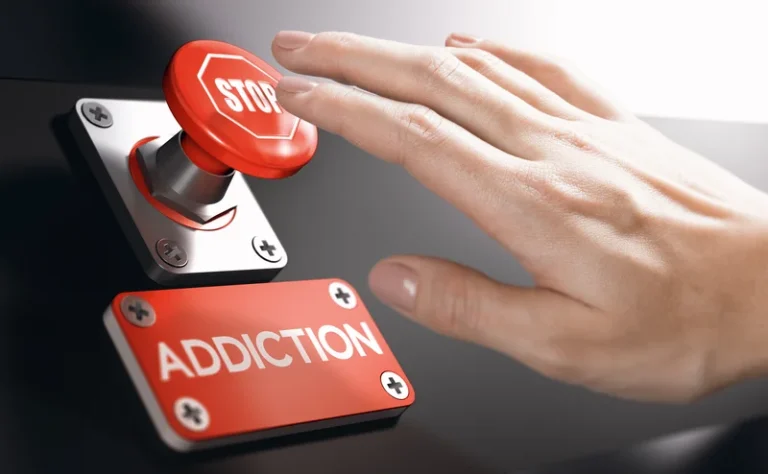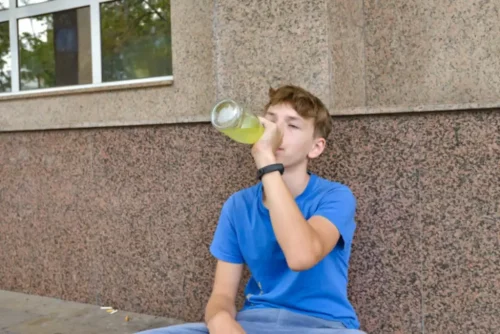
When the amount of alcohol in the body exceeds how much and how fast the liver Drug rehabilitation can metabolise, this is when the rate of blood alcohol consumption (BAC) will begin to rise. With so many effects on the body, the usual first step in treating alcoholism is detox—or getting alcohol out of your system. Depending on the severity of the alcohol use disorder, this stage can be mildly annoying or severe. Early withdrawal symptoms include headaches, anxiety, nausea, irritability and shaking. If you think a family member or loved one might be showing signs, signals or symptoms of alcoholism, know that it won’t „go away” on its own.

What does it feel like to be drunk? What you need to know
For outpatient treatment to be effective, the person needs to have a stable home situation that is supportive of recovery. A doctor can diagnose intoxication by checking the patient’s blood alcohol content levels. Low blood sugar is another sign of possible alcohol poisoning. Also known as drunkenness, alcohol intoxication is the negative behavior and physical effects caused by drinking alcohol.
Does Alcohol Poisoning Go Away?
An intoxicated person at this stage may show slowed reaction times, reduced memory, blurred vision, and a lack of coordination. She shares this wealth of knowledge, along with her outreach responsibilities, to convey the profound commitment Wellbrook Recovery has toward each individual’s journey to recovery. This ensures that every person feels not only welcomed but also deeply cared for from their initial contact and throughout their experience. Recovery timelines vary, but many clients begin with several weeks in PHP or IOP, followed by outpatient care and aftercare support. The entire process can range from 30 days to several months or more depending on individual needs and goals.

Finding support
- Our Family Therapy Program Boston helps rebuild trust, educate loved ones, and improve communication between clients and their families throughout the rehab process.
- Needless to say, the individual’s life is in danger at this stage.
- After one week, many people may be free from withdrawal symptoms from alcohol, but still feel general fatigue, sleep disturbances and cravings for alcohol.
- In this stage, people may be simply experimenting with alcohol consumption.
Knowing the 5 Stages of Intoxication can help alcohol servers and bartenders count drinks and effectively observe customer behavior. In this stage, a person may begin to experience cravings for alcohol. An individual’s dependence on alcohol may also become more apparent to those around them. Sobriety occurs when you have a BAC between 0.01 and 0.05 percent. It usually means you have had 1 drink or less in the past hour.
Medical care professionals treating patients for alcohol poisoning should check for possible Alcohol Use Disorder (AUD). Patients should be carefully monitored after being treated and stabilized as their vital functions return to normal. A person at this stage can barely move or stand, is prone to vomiting, and may slip in and out of consciousness. The chance of an alcohol overdose is very high here, and medical help should be sought immediately.
- When people drink alcohol, it passes through the stomach and into the small intestine.
- The primary symptoms of stage four include all-consuming alcohol use, health problems, and dangerous withdrawal symptoms.
- For outpatient treatment to be effective, the person needs to have a stable home situation that is supportive of recovery.
- Generally speaking, the majority of individuals will experience the most intense symptoms of alcohol withdrawal in the first hours and then gradually recover over a period of weeks.
What are the six critical signs of alcohol poisoning?
End-stage alcoholism, also known as late-stage alcoholism, is the most severe. The primary symptoms of stage three include high tolerance to alcohol, physical symptoms, and more obvious drinking behaviors. The middle stage of alcoholism is when drinking interferes with everyday life. People cannot treat severe alcohol stages of alcohol intoxication intoxication — or alcohol poisoning — at home.


